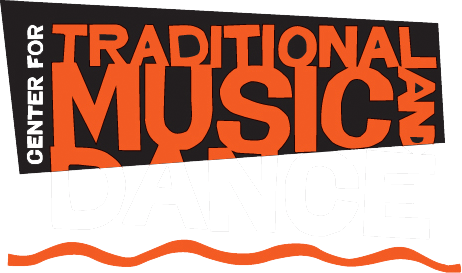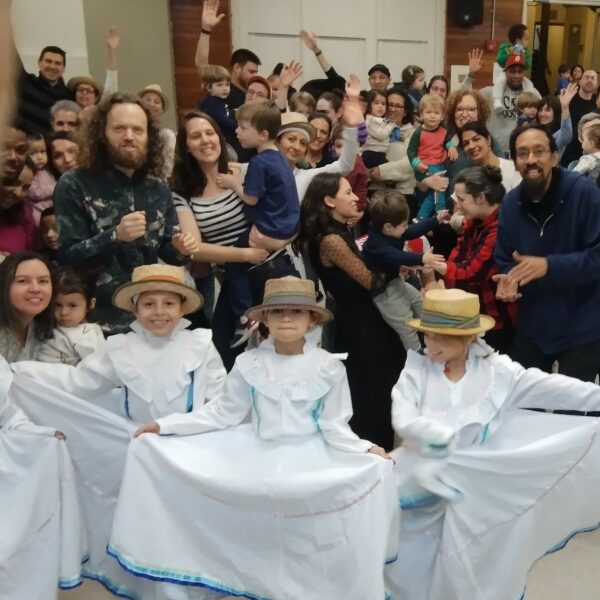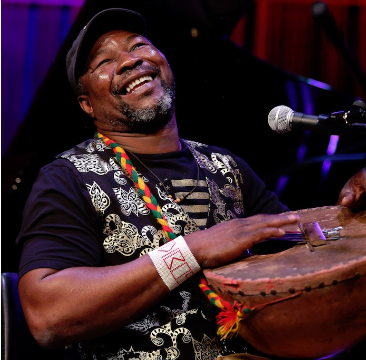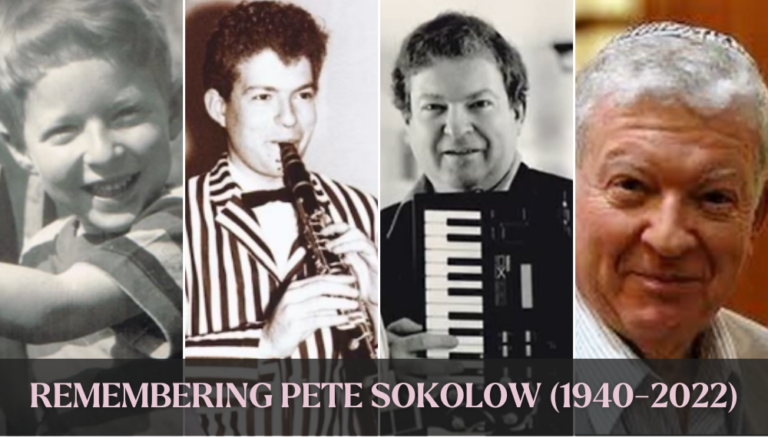On a recent Saturday morning, a small room at the Jackson Heights Community United Methodist Church in Queens, New York is bustling with young children. Some are sitting patiently on chairs while others are running around excitedly or playing drums provided to them. Parents and other adult caretakers stand in a line nearby, waiting to check in for the day’s first class. It’s a diverse crowd, with people speaking numerous languages, including French, Italian, Mandarin, and Spanish. They have gathered for the same purpose: to participate in the FolkCOLOMBIA Escuela de Danza y Música (FCE), a unique arts education program.
Founded in 2015 through the Center for Traditional Music and Dance’s Sustaining Cultural Initiative, FolkCOLOMBIA Escuela is the only performing arts program in New York City with a stated mission to serve the Colombian community. The school is located in Jackson Heights, NY (aka “Little Colombia”), where it helps young Colombians reconnect with their heritage while nurturing a new generation of young artists in the ever-changing landscape of Latin American art in New York City.
This Fall’s 2023 semester program includes classes on the rhythms of Colombia’s Pacific Coast as well as Andean dance and music. Currently, there are 106 people enrolled across all the classes. Many are there for Musquita, a new program partner that combines music, language, and performance into a joyful celebration for children and parents alike.
“Our mission is to spread connections amongst families while cultivating Spanish vocabulary through some traditional folk songs,” said Jesse Elder of Musiquita. “Whatever we can bring that they [the families] will understand, given that we have an audience where there are zero to three year-old kids, some of whom have no exposure to Spanish.”
Blanca González, the other half of Musiquita, said they try to do it gently: “We basically work with families and encourage them to sing with their children so that it will help boost the kids’ confidence through their language development.”
With repertoire ranging from traditional Colombian folk songs to classic American pop tunes like the “Ghostbusters” theme song, it’s no wonder Musiquita is so popular among families.
In large part, what makes the FCE classes so meaningful is the student-teacher relationships and the connections they create. Ruben Dario Mejia, a Colombian music and dance instructor who has been teaching for 11 years, said his favorite part of teaching is seeing all the students: “They are excited to work with me,” he said, adding that the best part of the classes, aside from being free (at no cost), is that they help raise awareness and expose non-Colombian people to Colombian culture: “You get to know a very beautiful part of Colombia, which is its music and dance. Colombia is not only violence and drugs. It also has culture, it has art.”
Nestor Gomez, a master drummer who has been teaching at FCE for six years, said his favorite part is seeing the community participate and learn something new.
“We have individuals from different regions, different countries, different backgrounds not only coming together and doing something in the community but also informing themselves about some sort of cultural music that may not be familiar to them. And it’s super, super exciting for the kids. They learn the songs. And then there’s the final recital where they all perform and dance together. The fun part about that is being able to see the collaboration and anticipation.”
Above all, the most important part of the program is the sense of kinship it provides for the community. Program director, Dr. Jorge Arévalo Mateus, who has been directing the FolkCOLOMBIA Escuela project since its Community Cultural Initiative (CCI) origins, states that the program is essential to both the NYC Colombian community at large, including musicians, dancers, teaching artists, and families, but also to a general public, fostering both a greater understanding of Colombian cultural contributions to New York City and appreciation of its rich elements. He adds, “building and developing community in a city as complex as New York is certainly a big challenge; each ethnic group presents a range of issues and approaches that can be taken. However, in my experience with FolkCOLOMBIA Escuela, it is the commitment to that sense of “family” learning and love of Colombian music and dance that allows the community to recognize itself as such.”
Learn more about FolkCOLOMBIA Escuela at their website, and be sure to follow them on social media.




